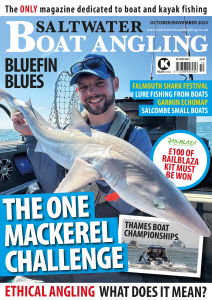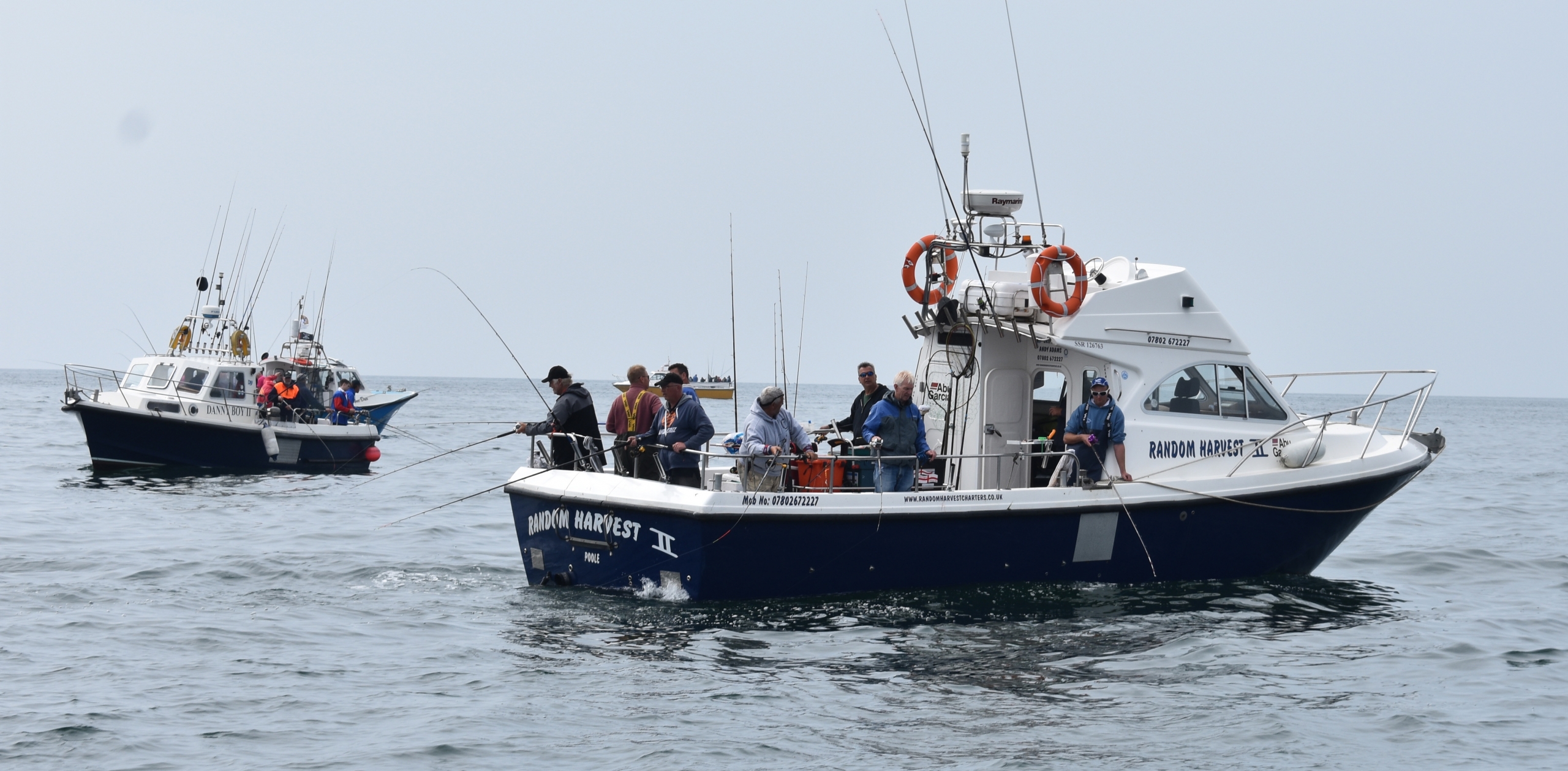Over the last six months or so DEFRA have been engaging recreational sea angling groups, including the Angling Trust, B.A.S.S, the Mullet Club the Angling Trades Association and others, in a consultation process designed to share and develop Defra’s current approach to recreational sea fishing policy development, develop thinking on current data collection processes to improve participation and review what data is available, how can the data be used to inform sea angling management and policy. These consultations are a vital first step to formulating government policy on recreational angling.
The mention of sea angling data collection sets alarm bells off amongst many sea anglers. There is a depth of suspicion about what data will be used for: licenses? permitting? restrictions? When the heavy hand of Government comes tapping on our shoulders, we tend to think it’s for the worse. However, the fact the recreational angling has been explicitly included in the current iteration of the post Brexit Fisheries Bill, currently working its way through Parliament, means that this might be about to change. The current consultations and engagement process is the first step in that process.
Significant progress
Angling’s inclusion was a major achievement for angling lobbyists, possibly the most significant achievement in 30 years and certainly in the ten years since I’ve been involved in sea angling campaigning. For the first time we are being recognised as a major stakeholder in the management of our seas and fish stocks alongside commercial fishing and others. This hasn’t always pleased the commercial lobby but then its time their influence of fishing policy should be diluted. They don’t own the stock, we all do! Whatever way you look at it this is a big win and we need to make the most of the opportunity while it being offered to us. There are still a lot of unanswered questions about exactly what it will all mean for angling but there are things that we as anglers need to do to help clarify our status.
The Sea Angling Diary project
For years we’ve been clear that when fisheries decisions are made, they should be made based on sound science and solid evidence. Quite right too. But here’s the tricky bit. Now that we, as recreational anglers, are being included in legislation as a legitimate stakeholder some are resisting efforts to gather “evidence” about what we catch and where we catch it. But unless there is robust and credible evidence about angling how can legislators be expected to come to the right conclusions about our activities as stakeholders. How can we claim we’re so important to the process and then deny access to the very evidence, which put together with socio/economic data already in existence will provide the powerful bulwark for anglings claims to be a major player in fisheries policy? Yes, there have been flaws in previous data gathering exercises and yes there has been occasions where it has been used incorrectly but we need to put this behind us and get involved.
This is why I believe we all need to engage in the Sea Angling Diary Project, now in its fifth year, run by Substance (www.substance.net)on behalf of CEFAS (Centre for Environment, Fisheries and Aquaculture Science). The Angling Trust has, for the time being, decided to withhold full support for the current 2020 diary project until its members concerns over how the data is to be used is satisfied but despite this I would urge the anglers to give its full support to this and for the Trust to at least support it.
The data collection is based on a free Sea Angling Diary Mobile Appand an online tool that allows easy recording of fishing trips, locations, methods and catches. Anglers get a catch recording kit including a fish ID booklet, tape measure and waterproof notebook to help accurate recording of catches. There is also a monthly prize draw for participants. But crucially the data is being used not to restrict anglers but to provide the evidence needed to assess what anglers are catching.
We do need to keep a close eye on how it is developing and what information is being collected but providing accurate and robust data about our activities is the only way we can truly contribute to that management process and cement our place as an equal partner in policy making.
To find out more and sign up at: www.seaangling.org



